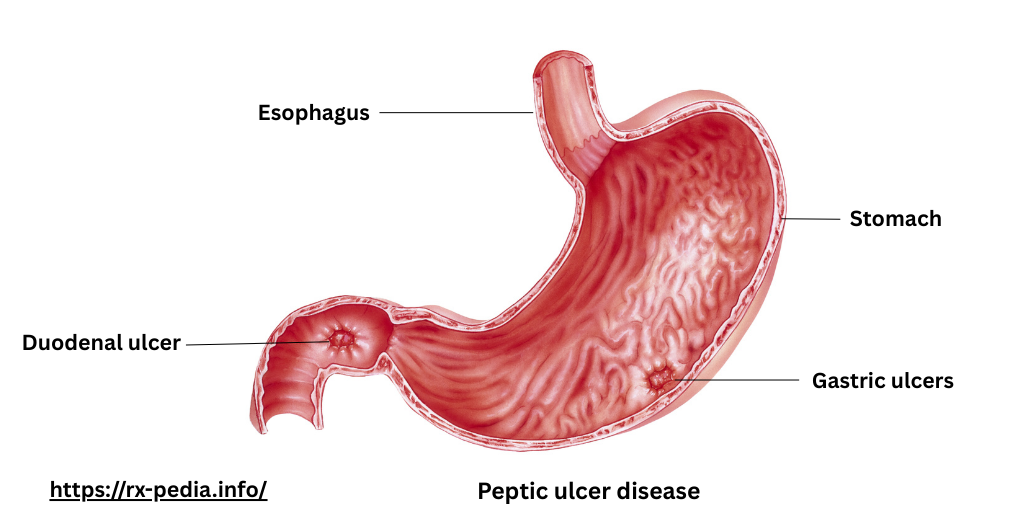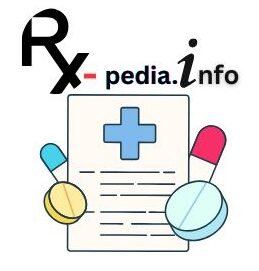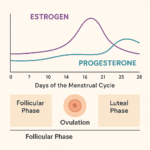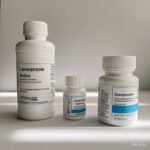
Table of Contents
Proton Pump Inhibitors (PPIs) are widely used for acid-related disorders like GERD (Gastroesophageal Reflux Disease), peptic ulcers, and H. pylori infections. Among the most prescribed are lansoprazole ,omeprazole and esomeprazole. But which one is best?
What Are PPIs, and How Do They Work? Lansoprazole vs Omeprazole vs Esomeprazole
PPIs work by blocking the hydrogen-potassium ATPase enzyme in the stomach lining, reducing acid production and used to treat:
- GERD (gastroesophageal reflux disease)
- Stomach ulcers
- H. pylori infections (when combined with antibiotics)
- Excessive stomach acid (Zollinger-Ellison syndrome)

How Do PPIs Work?
PPIs block the “proton pumps” in your stomach lining, reducing acid production by up to 99% for up to 24 hours (Shin & Kim, 2013). Unlike antacids (which neutralize acid temporarily), PPIs provide long-lasting relief.
Key Differences Between Lansoprazole vs Omeprazole vs Esomeprazole:
- Omeprazole was the first PPI (1980s)
- Esomeprazole is a refined version of Omeprazole (more potent).
- Lansoprazole works slightly faster in some people.
Key Differences Between Lansoprazole vs Omeprazole vs Esomeprazole
Mechanism of Action
All three PPIs inhibit stomach acid, but:
- Esomeprazole is the S-isomer of Omeprazole, meaning it’s more bioavailable (absorbed better) (Andersson et al., 2012).
- Lansoprazole has a faster onset (relief in 1-2 hours vs 2-4 for Omeprazole).(Shin & Kim, 2013)
FDA-Approved Uses
| Drug | GERD | Ulcers | H. Pylori | OTC Availability |
|---|---|---|---|---|
| Omeprazole | Yes | Yes | Yes | Yes (Prilosec OTC) |
| Esomeprazole | Yes | Yes | Yes | Yes (Nexium 24HR) |
| Lansoprazole | Yes | Yes | Yes | Yes (Prevacid OTC) |
Lansoprazole
- Brand Names: Prevacid, Zoton
- Dosage Forms: Capsules, orally disintegrating tablets
- Common Uses: GERD, Zollinger-Ellison syndrome, peptic ulcers
- Half-Life: 1.5 hours
- Onset of Action: Within 1–2 hours

Omeprazole
- Brand Names: Prilosec, Losec
- Dosage Forms: Capsules, tablets, oral suspension
- Common Uses: GERD, erosive esophagitis, duodenal ulcers
- Half-Life: 0.5–1 hour
- Onset of Action: Within 1 hour

Esomeprazole
- Brand Names: Nexium
- Dosage Forms: Capsules, oral suspension, IV
- Common Uses: GERD, NSAID-induced ulcers, Zollinger-Ellison syndrome
- Half-Life: 1–1.5 hours
- Onset of Action: 1–2 hours

Effectiveness Comparison
Which Works Fastest for Heartburn?
- Lansoprazole may act faster (1-2 hours) (Hatlebakk et al., 2001).
- Esomeprazole provides stronger acid suppression over 24 hours.
Best for Severe GERD?
- Esomeprazole is often more effective for erosive esophagitis (Kahrilas et al., 2001).
- Omeprazole is cheaper but may require higher doses for the same effect.
Long-Term Acid Suppression
Lansoprazole may be better for intermittent use.
Esomeprazole maintains more consistent pH control (Röhss et al., 2004).
Side Effects & Safety Profile
Common Side Effects
- Headache
- Diarrhoea
- Nausea

Long-Term Risks
- Bone loss (PPIs reduce calcium absorption) (Yang et al., 2016).
- Kidney disease risk (linked to prolonged use) (Xie et al., 2017).
- Vitamin B12 & magnesium deficiency (due to reduced stomach acid) (Wei et al.2013)
- Risk of infections, particularly pneumonia and Clostridioides difficile (C. diff) infections (Marion et al.,2023).
- Risk of dementia especially in late life users (Carin et al., 2023).
- Rebound Acid Hypersecretion (Laura et al.,2022)
Drug Interactions
- Clopidogrel (Plavix): Omeprazole reduces effectiveness.
- Warfarin: PPIs may increase bleeding risk.
Best PPI for Specific Conditions
| Condition | Best PPI |
|---|---|
| GERD | Esomeprazole |
| Peptic Ulcers | Lansoprazole |
| H. pylori Treatment | Omeprazole or Lansoprazole |
| NSAID-Induced Ulcers | Esomeprazole |
| Zollinger-Ellison Syndrome | Esomeprazole |
Cost & Availability
- Cheapest: Omeprazole (generic).
- Most expensive: Esomeprazole (Nexium).
- Insurance coverage: Omeprazole is often preferred.
Alternatives to PPIs
- H2 Blockers (Famotidine, Ranitidine) – Less potent but fewer risks.
- Antacids (Tums, Rolaids) – Quick relief, not for long-term use.
- Lifestyle changes – Elevate bed, avoid late meals.
Final Thoughts
Choosing between lansoprazole, omeprazole, and esomeprazole depends on your condition and treatment goals. For mild reflux, lansoprazole or omeprazole may suffice, but for severe GERD, esomeprazole is the best option. Always consult your doctor for personalized advice!
FAQ: Lansoprazole vs Omeprazole vs Esomeprazole
Which PPI is the strongest?
Esomeprazole offers the most prolonged acid suppression, making it ideal for severe conditions.
Can I take PPIs long-term?
Long-term use should be monitored due to risks like nutrient deficiencies and kidney issues.
Which PPI has the fewest drug interactions?
Lansoprazole has fewer interactions compared to omeprazole and esomeprazole.










